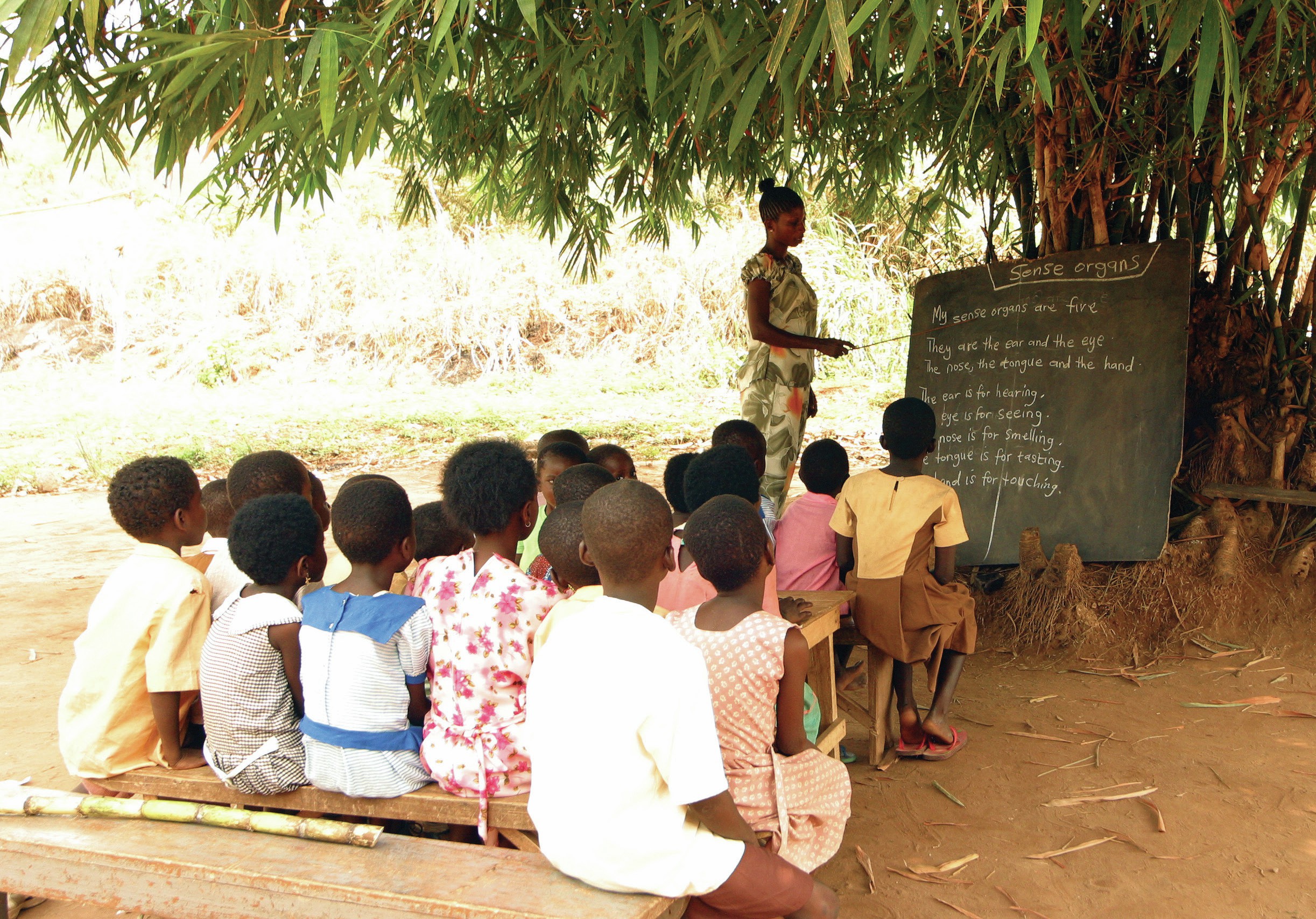
This important article explores the impact of the global economic recession on the lives of people living in developing countries — atopic often neglected in the mainstream media of the West. Allister McGregor explains how people in developing countries — already faced with a series of ongoing crises on a regular basis, such as the effects of climate change, disease and conflict — are being affected by the recent financial crisis, because of the global interconnection of most societies. He looks at the effects with regard to nutrition, employment, education and the consequences of rising levels of poverty, including the loss of social cohesion. In many societies, the greatest impact has been on women. In addition, young people’s employment opportunities have been significantly affected, and many children are being deprived of even a basic education.
This article is of particular relevance to students of the ‘Global development’ topic, but it also raises important issues of gender and inequality. There is also, of course, a political dimension — see whether the impact on developing countries is mentioned next time you see or read a discussion of the financial crisis.
Your organisation does not have access to this article.
Sign up today to give your students the edge they need to achieve their best grades with subject expertise
Subscribe




